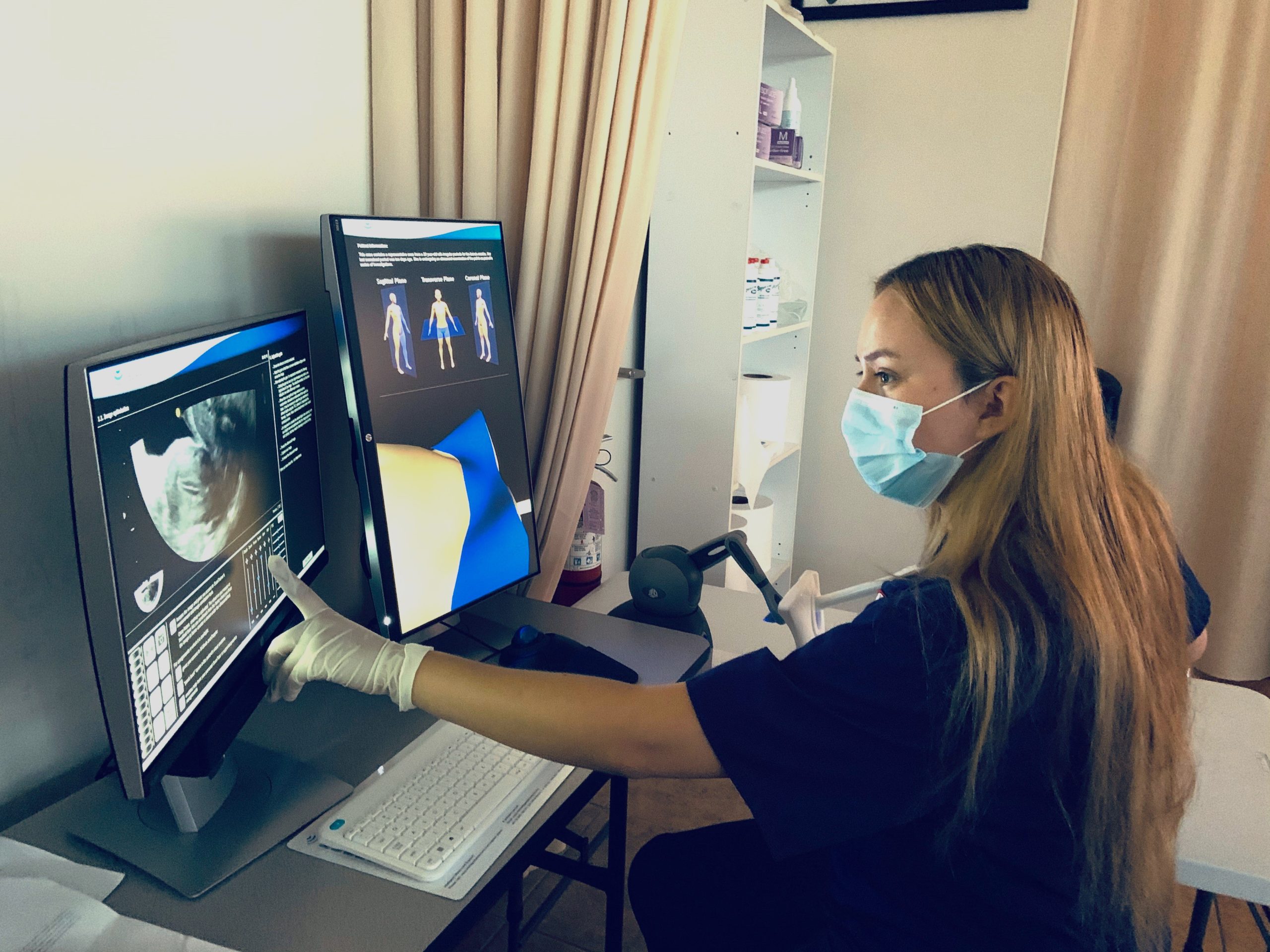A Path to a Vital Healthcare Career
Ultrasound tech schools serve as the foundation for those aspiring to become diagnostic medical sonographers, a career integral to modern medicine. These specialized institutions offer rigorous training that equips students with the technical proficiency and compassionate care required to thrive in this profession. From foundational coursework to hands-on clinical experiences, ultrasound tech schools provide the essential knowledge and skills to operate advanced imaging technology and contribute to patient care.
The Role of an Ultrasound Technician
An ultrasound technician, often referred to as a diagnostic medical sonographer, is responsible for creating high-resolution images of the body’s internal structures using ultrasound technology. These images help physicians diagnose and monitor various conditions, from pregnancy to heart disease. Ultrasound technicians must have meticulous attention to detail and the ability to interpret and capture diagnostic-quality images.
While the common perception of an ultrasound technician revolves around obstetric imaging, their role extends far beyond prenatal care. Technicians can specialize in several areas, such as cardiac sonography, abdominal imaging, or neurosonography, making their role multifaceted and adaptable to different branches of healthcare.
Ultrasound Tech School Curriculum: What to Expect
At ultrasound tech schools, students embark on a journey that includes a blend of theoretical learning and practical training. Core courses often start with the basics of human anatomy, physiology, and medical terminology. These classes establish the groundwork for understanding how ultrasound imaging applies to the human body.
As students progress through the program, they delve into specialized coursework focused on sonography. This includes learning how to use ultrasound machines, interpret sonographic data, and apply ethical principles in patient care. The curriculum often emphasizes developing interpersonal skills to communicate effectively with patients, especially in situations that require sensitivity and reassurance.
Students will also spend a significant portion of their education in clinical settings, gaining hands-on experience with real patients under the supervision of seasoned sonographers. This experiential training is critical for mastering the nuances of sonographic imaging and building confidence in performing scans.
Specializations in Ultrasound Technology
Ultrasound tech schools often allow students to pursue a generalist path or specialize in particular areas of sonography. These specializations enable technicians to focus their skills on specific parts of the body, offering more targeted expertise and expanding their career options.
- Cardiac Sonography (Echocardiography): Cardiac sonographers focus on imaging the heart and surrounding blood vessels. They assist cardiologists in diagnosing heart conditions such as arrhythmias, valve disorders, and congenital heart defects. This field requires a deep understanding of the cardiovascular system and the ability to perform highly technical scans.
- Abdominal Sonography: Abdominal sonographers concentrate on imaging organs such as the liver, kidneys, gallbladder, and pancreas. They help diagnose a range of conditions, including organ abnormalities, tumors, and cysts.
- Neurosonography: Neurosonographers specialize in imaging the brain and nervous system. Their expertise is particularly important in diagnosing neurological conditions like strokes, brain injuries, and developmental disorders in infants.
- Vascular Sonography: Vascular sonographers focus on imaging blood flow and diagnosing conditions related to blood vessels, such as blockages or aneurysms. This specialization requires precise attention to detail in order to capture clear images of blood flow patterns.
Each specialization has its own unique challenges and rewards, and ultrasound tech schools help students determine the right path based on their interests and career goals.
Certification and Accreditation: Key Considerations
When choosing an ultrasound tech school, it’s crucial to ensure that the program is accredited by a recognized body, such as the Commission on Accreditation of Allied Health Education Programs (CAAHEP). Accreditation ensures that the program meets high educational standards and prepares students for certification exams.
In the United States, many employers require certification from the American Registry for Diagnostic Medical Sonography (ARDMS) or Cardiovascular Credentialing International (CCI). Attending an accredited school is often a prerequisite for taking these exams, and being certified can significantly boost employability and salary potential.
The Importance of Clinical Experience
A key component of ultrasound tech education is the extensive clinical training that students receive. During clinical rotations, students work alongside experienced professionals in hospitals, clinics, or diagnostic imaging centers. This hands-on experience allows them to apply classroom knowledge in real-world scenarios, perfecting their skills and building confidence.
The clinical environment also teaches students how to manage time, interact with diverse patient populations, and perform under pressure—essential qualities for success in the fast-paced healthcare industry. By the time students graduate, they will have accumulated hours of practical experience that prepare them for the demands of the profession.
Career Outlook and Salary Potential
The demand for ultrasound technicians is on the rise, driven by the growing reliance on non-invasive diagnostic tools and the aging population that requires more medical care. According to the U.S. Bureau of Labor Statistics (BLS), the job outlook for diagnostic medical sonographers is projected to grow by 14% over the next decade, significantly faster than the average for all occupations.
Salaries for ultrasound technicians are highly competitive, with the median annual wage hovering around $75,000. Technicians who specialize in areas such as cardiac or vascular sonography, or who have extensive experience, can earn salaries upwards of $90,000, depending on location and employment setting.
Conclusion: A Rewarding Career Path
Ultrasound tech schools offer a dynamic and comprehensive education that prepares students for a rewarding career in diagnostic medical sonography. Whether pursuing general sonography or specializing in fields like cardiac or neurosonography, students leave equipped with the skills needed to make a real difference in patient care. As demand for non-invasive diagnostic tools continues to grow, ultrasound technicians will remain vital members of the healthcare system, providing critical support to doctors and improving patient outcomes.
For those passionate about medical technology and patient care, ultrasound tech school is the first step on a path toward a fulfilling and stable career.
